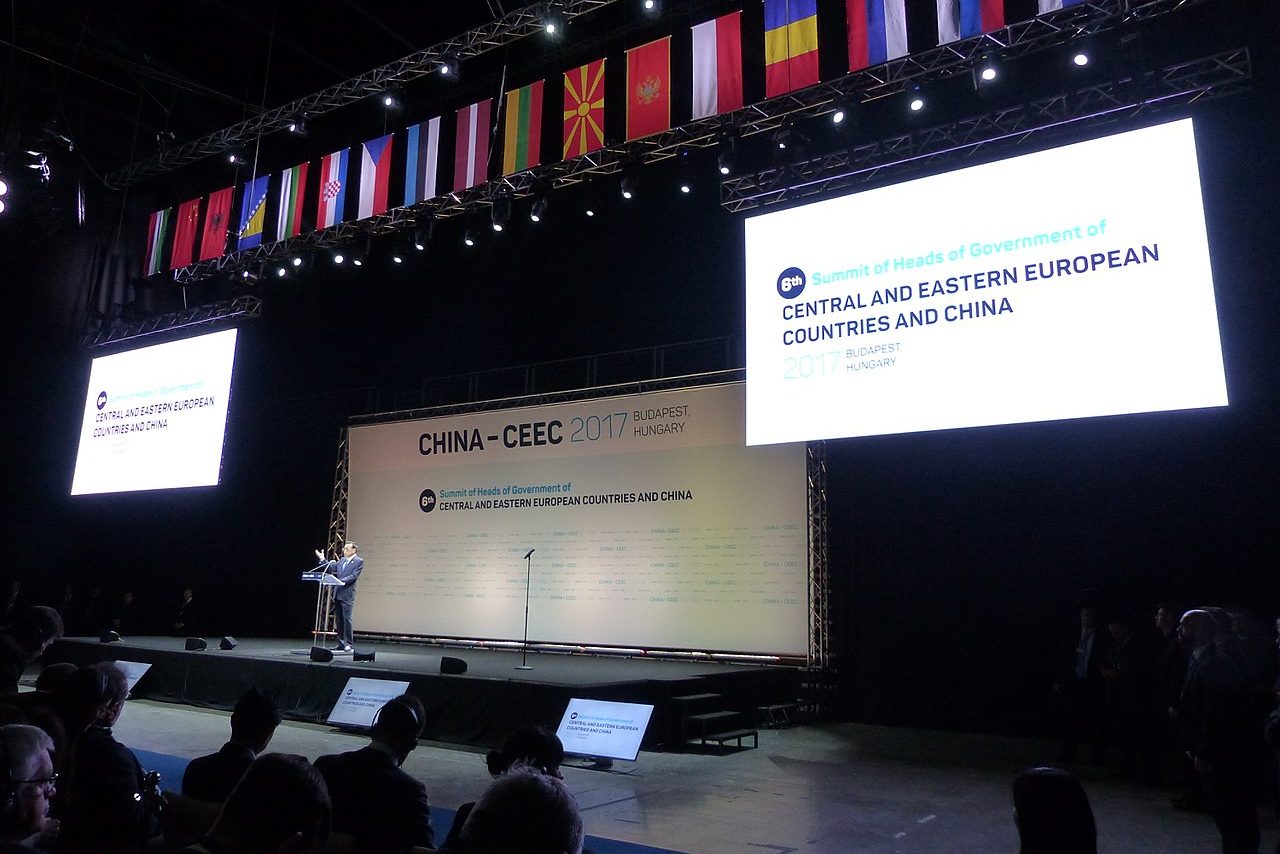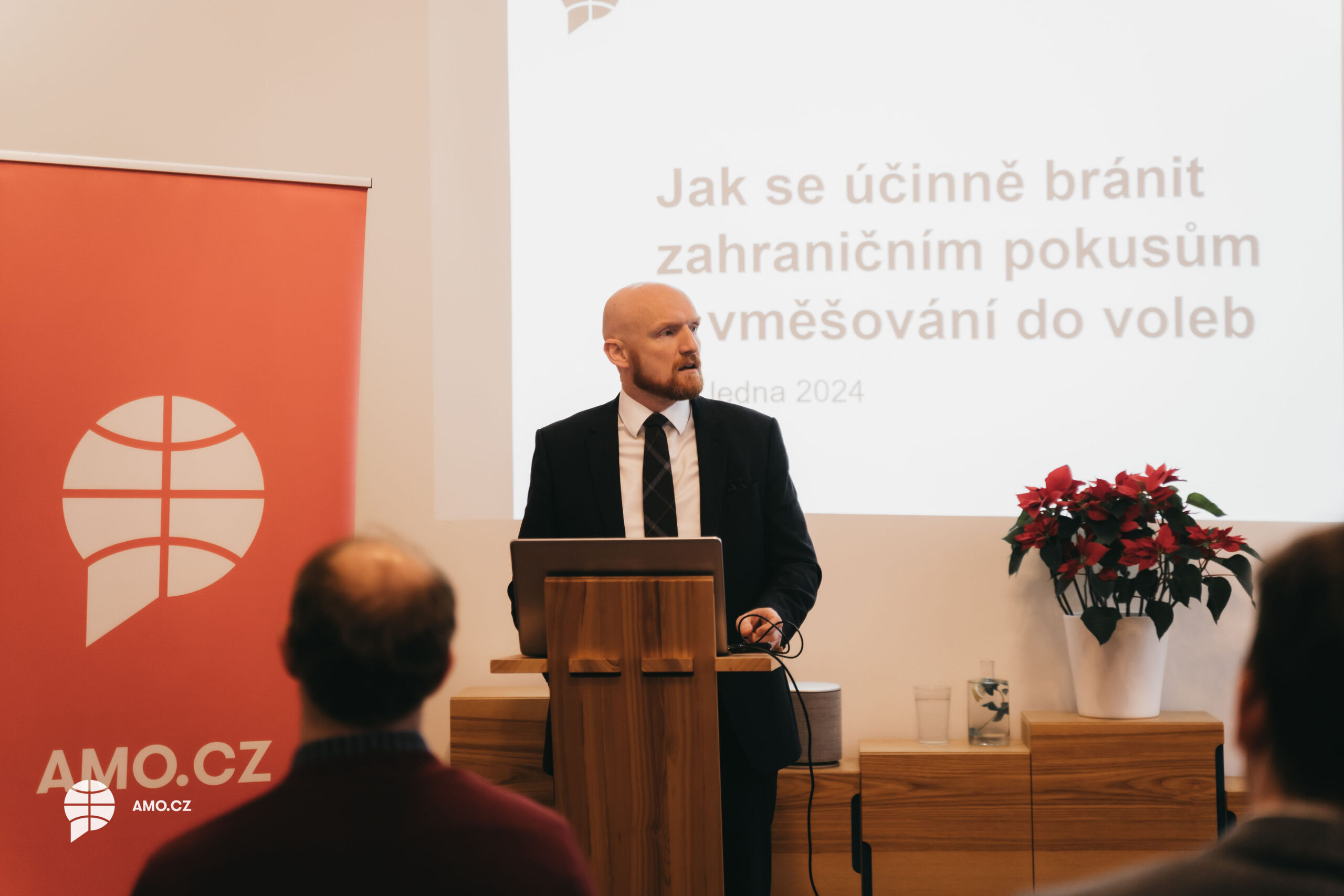The COVID-19 pandemic has indelibly changed the course of Sino-European relations, particularly across the Central and Eastern European Countries that China has courted through its 17+1 initiative.
However, MapInfluenCE analyst Tamás Matura recently made clear in an interview with French think tank Euro Créative that the recent relationship changes largely blamed on coronavirus are actually years in the making.
“The problem was that most of the Chinese promises, what we have been listening to for the past decade, turned out to be nothing but a mirage. Up to today, these promises have not been materialized by the Chinese side, at least not in the EU member states of the region. The reasons are diverse and quite complicated.
What I would like to emphasize is that what Central Europe needed and what China wanted to do in Central Europe were two very different things. Central Europe was interested in greenfield investments, creation of new jobs, research & development and innovation. Meanwhile, China was and is still interested in investments in the infrastructure. The Budapest-Belgrade railway line is one of the very few example where China succeeded. But overall, China has been quite unsuccessful, especially when it comes to CEE states which are members of the EU. One of the main reasons of this failure is the nature of the cooperation China is selling. Indeed, what China wanted to do – and still wants to do today – is to offer loans to get rid of its excess financial capacities and to build infrastructure in these countries. Why would that be a good opportunity for EU member states? Our countries are entitled to apply for non-refundable European grants, cohesion funds, EU infrastructure funds. Those are all free money. Of course, most of the European infrastructure used to be built by European companies be it the Germans, the Dutch, the French or the Austrians, but still it is non-refundable money! Why would we ask for a Chinese loan for infrastructure eventually built by Chinese companies? It is just simply not a good offer… China has been way more successful in non-EU countries and especially in the Western Balkans. But within Central Europe, it has been a long decade of constant disappointment for most of the countries and governments.
Given the broken promises and unaligned interests of the parties, Matura offered a dim view of future 17+1 cooperation, noting that the relationship may remain in name, but is likely to wane in importance.
To hear his full perspective on the future of China and Central Europe, the US election’s expected impact on Sino-American and Sino-European relations, and the impact of COVID-19 on China’s global image, read the full interview here.


